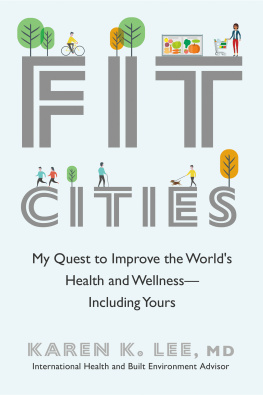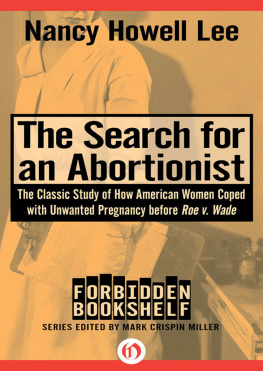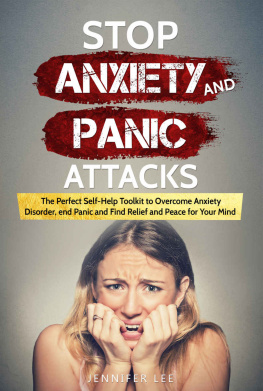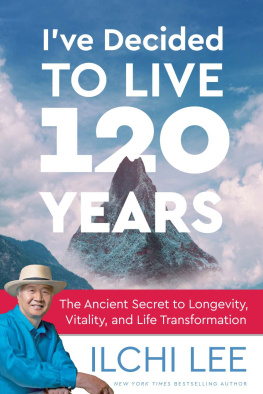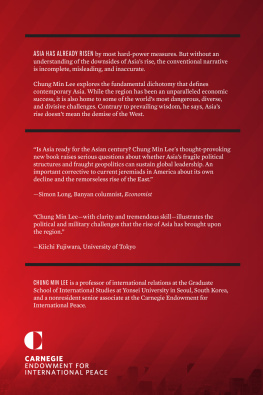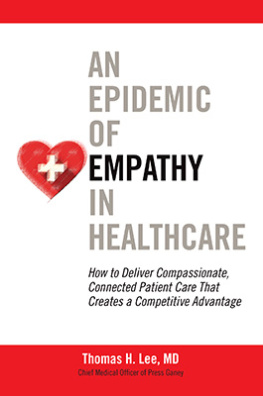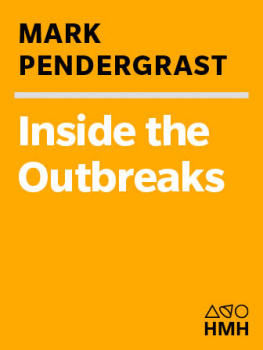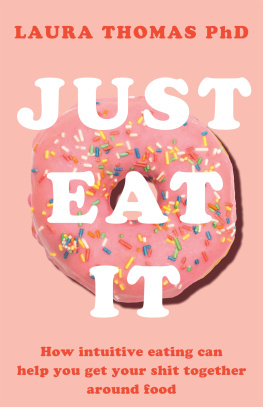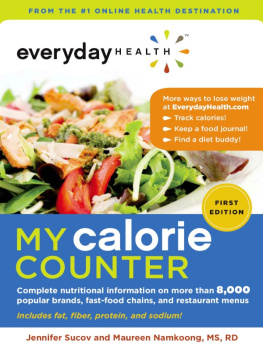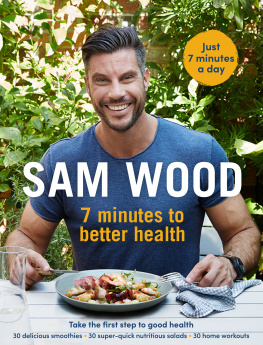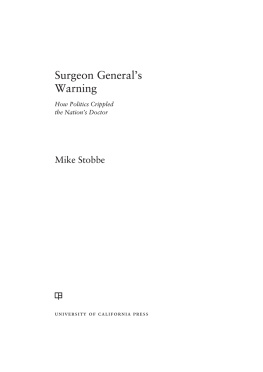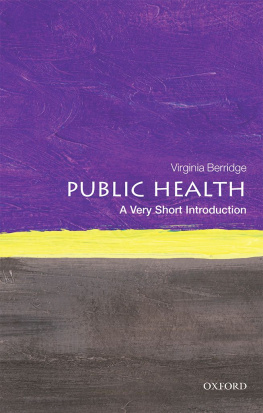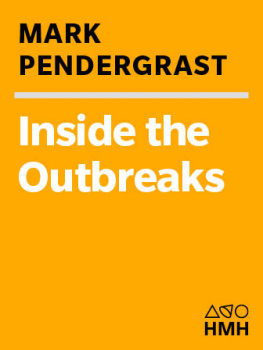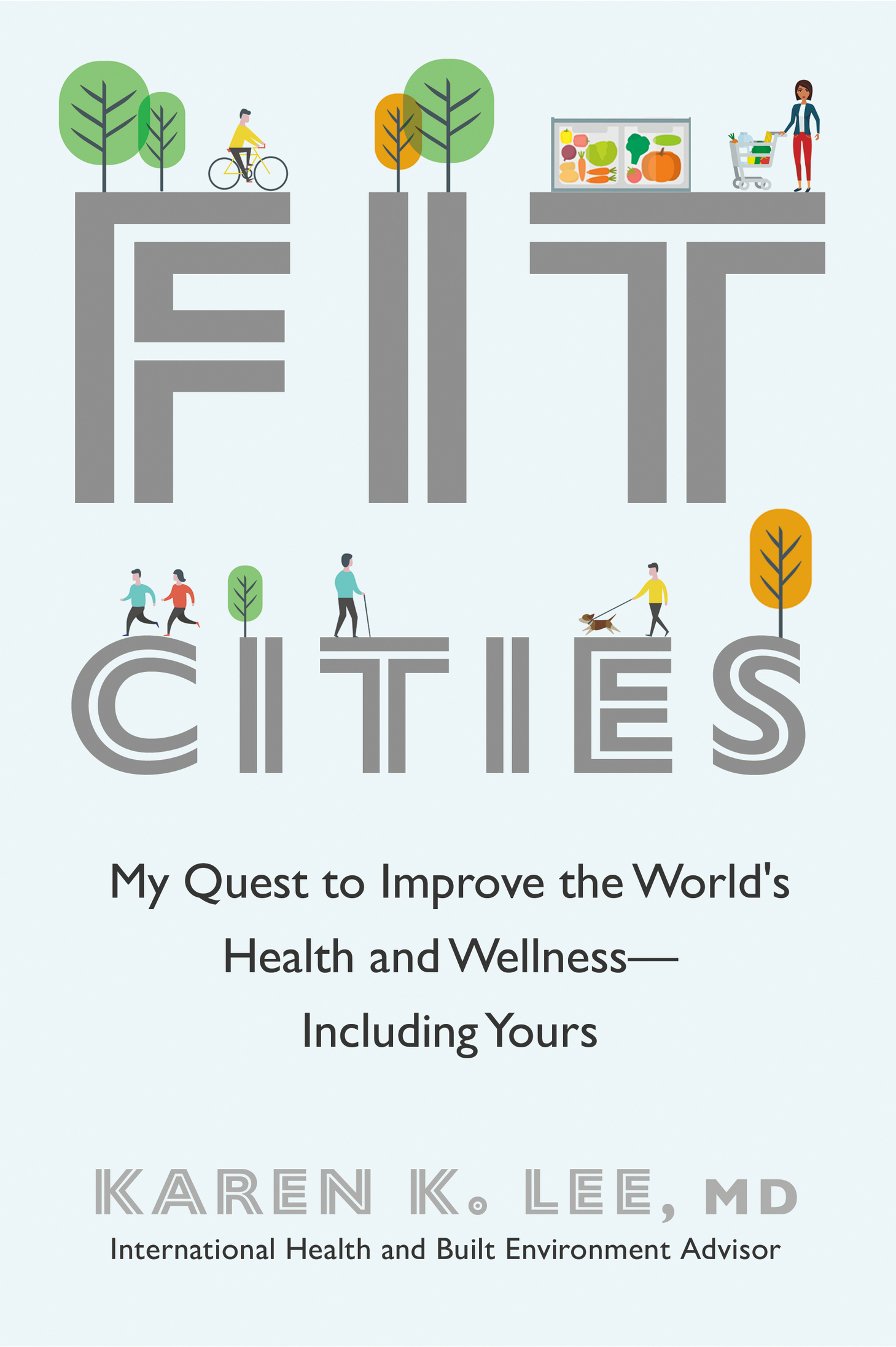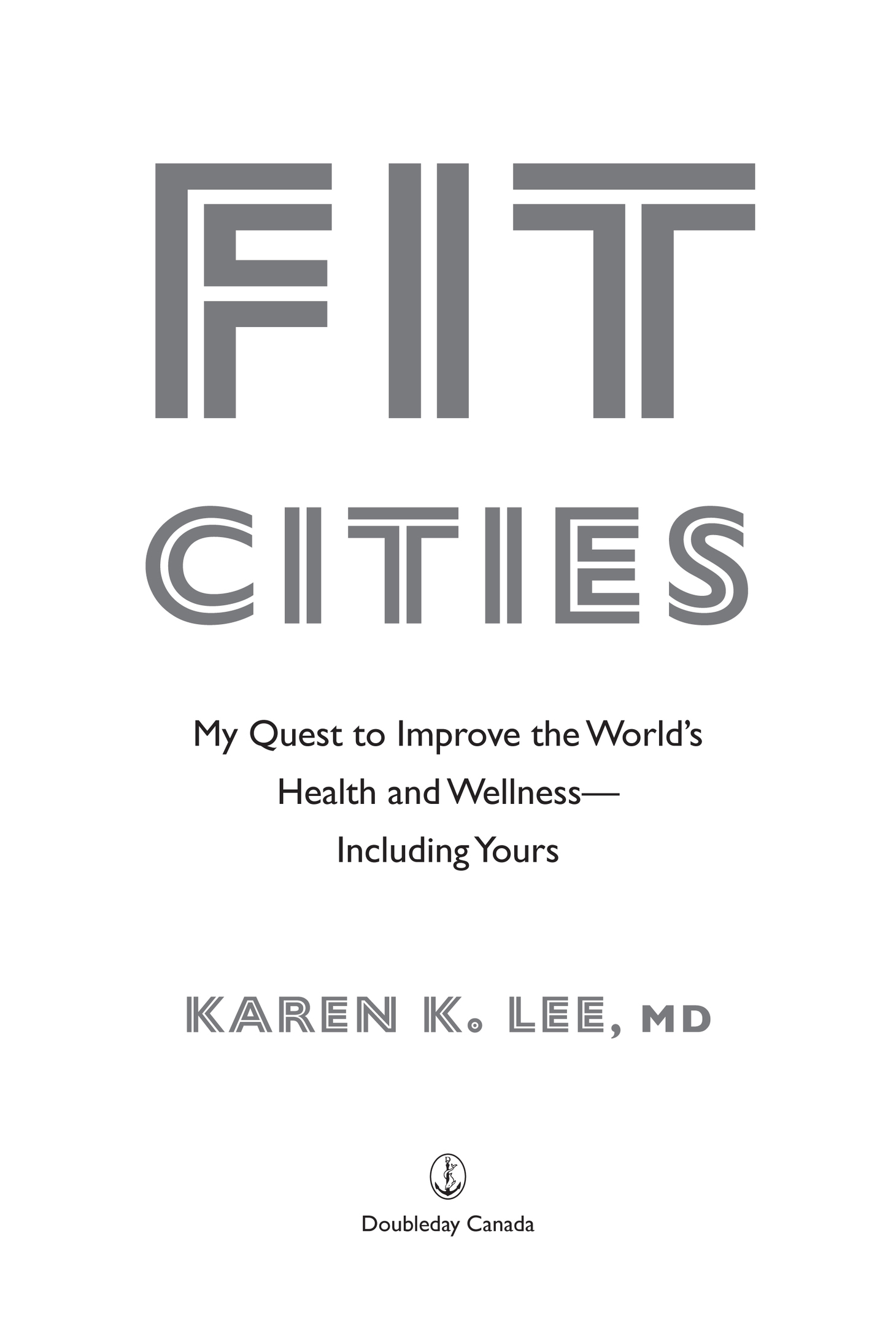Contets
Landmarks
Print Page List
Copyright 2020 Karen Lee
All rights reserved. The use of any part of this publication, reproduced, transmitted in any form or by any means electronic, mechanical, photocopying, recording or otherwise, or stored in a retrieval system without the prior written consent of the publisheror in the case of photocopying or other reprographic copying, license from the Canadian Copyright Licensing agencyis an infringement of the copyright law.
Doubleday Canada and colophon are registered trademarks of Penguin Random House Canada Limited
Library and Archives Canada Cataloguing in Publication
Title: Fit cities : my quest to improve the worlds health and wellnessincluding yours / Karen K. Lee.
Names: Lee, Karen K., author.
Identifiers: Canadiana (print) 20190149566 | Canadiana (ebook) 20190149620 | ISBN 9780385685320 (hardcover) | ISBN 9780385685337 (EPUB)
Subjects: LCSH: Public health. | LCSH: Health. | LCSH: Medicine, Preventive.
Classification: LCC RA425 .L44 2020 | DDC 362.1dc23
Cover and book design by Leah Springate
Cover images by Yapanda/Getty Images
Published in Canada by Doubleday Canada, a division of Penguin Random House Canada Limited
www.penguinrandomhouse.ca
v5.3.2
a
To my parents, Andrew Seng-Lok Lee and Anne Liang-Sim Lee, whose unwavering support and love have given me fortitude and courage to pursue my dreams.
And to Matthew Lee, Rebecca Lee, and Alysa Englehardt, that you too will be blessed with the intersection of serendipity and opportunities from hard work. As you reach for the stars, may you land there or on the moon.
Courage is the price that life exacts for granting peace.
AMELIA EARHART
CONTENTS
NOT YOUR TYPICAL HEALTH BOOK
A NOTE FROM THE AUTHOR
THIS IS NOT a typical health book. You wont find diet advice in these pages, or tips about exercise, supplements, or gut microbes. There isnt a yoga sequence in sight. And you wont read a word about meditation, or the relative dangers of fat, sugar, and salt.
If thats what youre looking for, youre in the wrong place. But before you put this book back on the shelf and go in search of something that has 365 smoothie recipes, Id ask you to reconsider. This is a book about health. Its about your health, and the health of the city or town in which you live. Becausemake no mistakethe two are intimately connected.
All too often, health is considered to be a personal responsibility. In countless books and articles about diet and exercise, in countless television show segments dedicated to weight loss, were told what we need to change in order to achieve better health. But many of us already know these things. In fact, one of health educations major successes over the last several decades is this widespread awareness of the need to modify our behavior. We know what we need to do. Year in and year out, our top New Years resolutions are weight loss, more exercise, and healthier eating. But for many of us, it makes no difference. Year in and year out, we are getting fatter.
Whats going on?
To answer that question, we need to think about those New Years resolutions again. The whole idea of a resolution is to resolveto decide firmly on a course of action. We must resolve to make changes. We must choose to do whatever is in our power to do in order to succeed. As it turns out, that last part is the key: whatever is in our power to do. All of our heartfelt and determined resolutions to lose weight, eat better, and exercise more come with a subtle built-in assumption: we can lose weight if we choose, eat better if we choose, and exercise more if we choose. But what if we cant make that choice? What if thats not within our power? We can only make healthy choices around eating if stores and restaurants near our homes have healthy items on offer. We can only walk to work if the sidewalks are in good conditionor there at all. We can only encourage our children to get outside and kick a ball around if theres a safe playground or park nearby.
The commonly held assumption that weight loss is a battle that must be fought alone has caused us to fail miserably in our fight against obesity. Rates of overweight and obesity around the world continue to skyrocket, along with related conditions, because we continue to place blame solely on the individual rather than on the environment in which they live. We continue to prioritize willpower and stick-to-itiveness over access to healthy food. We continue to stress the importance of exercise over the importance of creating opportunities for active living in the places where we spend most of our time.
If we want to reverse the trends of the last several decades, we need to start a new conversationone thats radically different from what weve been hearing on the news and reading in the pages of books and magazines. We need to talk about what societythe collective wecan do better. We need to talk about how to create environments that will help rather than hinder our quest to become healthier.
I dont just believe this, I know it. Nearly a decade and a half has passed since I started helping cities and organizations to improve the environments in which we live, work, and play. Ive worked in public health departments in Edmonton, Alberta, and New York City. Ive led a team of U.S. Centers for Disease Control and Prevention ( CDC ) disease detectives in a groundbreaking field study into an obesity outbreak. Ive traveled to Bogot and Singapore, to Sydney and So Paulo, to the U.K. and the Netherlands, among many other places, to consult and learn. Through it all, one thing has become abundantly clear: our success in being healthy depends not only on ourselvesthough we certainly have important roles to play and choices to makebut also on the physical and social environments we create in our cities, communities, and organizations. If our cities and towns become fit and healthy, we will find it easier to become fit and healthy too.
So, no, this is not a typical health book. But it just might be the one we all need.
Dr. Karen Lee
INTRODUCTION
A NEW CONVERSATION
APRIL 24, 2005. More than a decade later, I can still remember how it felt to touch down at Yeager Airport in Charleston, West Virginia. It was a sunny Sunday afternoon, and I was beyond tired. The week leading up to the flight had been a hectic blurand the six months prior to that hadnt been any easier. Meetings and phone calls and email exchanges. Countless late nights designing and redesigning documents and tools. Shopping expeditions for clipboards and clicker-counters and computer software. Not to mention packing and repacking heavy cases, trying desperately to make everything fit. But finally we were here: a team of disease detectives sent by the U.S. Centers for Disease Control and Prevention ( CDC ) to investigate the states obesity outbreak.
Yesyou read that right. The worlds foremost organization in the fight against the spread of infectious diseasesfrightening, highly contagious illnesses such as Ebola and Zikahad sent a group of public health professionals into West Virginia to study overweight people. Okay, so thats not entirely accurate. What the CDC was interested inwhat

